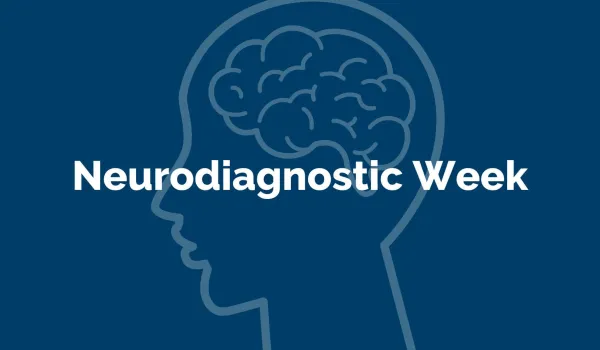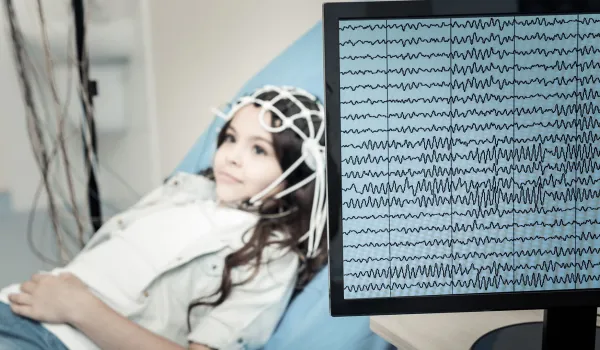Concorde Staff

We want our Concorde students to learn as quickly and effectively as possible. A big step in that direction is learning how to read course material as quickly as possible while retaining the information that will help successfully get you through health care career school.
Forgetting is a human phenomenon. A lot of people won't admit to it, but nearly everyone forgets. That doesn't mean you have to accept defeat in this area, however. There are plenty of simple, creative strategies for reading faster and retaining more information, whether it's novels, news articles or health care career school textbooks.
Business Insider magazine recently conducted a survey and scoured web sources for basic, practical reading and memorizing techniques. Read them carefully... and then try to remember what you read an hour from now.
8 Tricks for Remembering everything you read
- Take notes on the page: "Never read without a pencil," said Quora user Deniz Ates. "Underline sentences you find confusing, interesting or important. Draw lines along the side of important paragraphs. Draw diagrams to see the structure of key ideas."
- Ask yourself questions about the material: Ask yourself questions as you go along, such as, "What is the main idea of this section?"
- Skim the text first: Skim the text for important topics and keywords beforehand so you know what to expect when you actually dig into the material.
- Impress, associate, repeat: Impression - picture the situation in your mind or envision yourself participating in the scenario; Association - link the material to something you already know; Repetition - the more you read the material, the easier it'll be to remember it.
- Introduce information to others: If you want to remember what you experience, do something with that information.
- Read out loud: The sentences you speak out loud take on a distinctiveness. You remember producing and hearing items and so your memory for them is different from the memory of the words you read silently.
- Read on paper: E-readers are convenient, but research suggests that they also could undermine the strength of your memories. One study found that paper readers especially were more able to remember a story's chronology.
- Become familiar with the topic first: "The more you understand about a particular subject," writes blogger Ryan Battles, "the more 'hooks' keep the facts in there." You're able to make more associations between new information and what you already know. You can even start by reading a Wikipedia article on the subject as preparation.
Improving your Memory
All students, including those at Concorde, are always searching for new ways to remember facts and figures. So that, come exam time, they can reach into the deep recesses of their minds and recall a needed tidbit of information that could make the difference between success and failure in their health care education.
One "trick" of the trade when it comes to remembering things is something called mnemonics.
What is a mnemonic?
Mnemonics are memory devices that help learners recall larger pieces of information, especially in the form of lists like characteristics, steps, stages, parts, phases, etc. A mnemonic can be something as simple as a phrase, short song or something that is easily remembered, that we then use to remember something that otherwise would be difficult to remember. They are a way of remembering using association - associating easily to remember things with data.
For instance, one might memorize a catchy phrase such as "Richard of York Gave Battle In Vain." The first letters of the words can help students remember the spectrum of colors in a rainbow (the "R" in Richard represents red, "Y" in York yellow, etc.). There's a famous mnemonic for remembering the digits of pi - "May I have a large container of coffee?" Counting the letters in each word yields the sequence 3,1,4,1,5,9,2,6.
Of course, everyone knows the mnemonic phrase for remembering the numbers of days in the months of the year - "thirty days hath September, April, June, and November ... ."
Mnemonic devices easily can be adjusted and worded to help you memorize important facts and figures as you progress in your health care education.
Types of mnemonics that can help in health care education
Dennis Congos, a professor at the University of Central Florida, recently listed nine types of mnemonics in a blog on learningassistance.com. They are:
- Music: using lyrics to favorite songs to help you remember.
- Name: where the first letter of each word in a list of items is used to make the name of a person or thing.
- Expression or word: See examples above; the most popular form of mnemonics.
- Model: some type of representation is constructed to help with understanding and recalling information.
- Ode or rhyme: see the days of the month's example above. Or, "In 1492, Columbus sailed the ocean blue."
- Note organization: A good example is organizing notecards in a way that helps you organize your thoughts and facts. Another prime example is the use of an outline to break down complex material.
- Images: a picture can promote recall of information.
- Connection: the information to be remembered is connected to something already known. A good example is remembering the difference between longitude and latitude by remembering that the lines on a globe that run north and south are long, which coincides with LONGitude.
- Spelling: a principal at a school is your pal, and a principle is a rule.
Learn well during your health care schooling
So, there you have it. Next time you're reading new material for one of your health care career school courses or studying for a big exam, give some of these tips a try. You might just find that, not only do you remember, but you can save some valuable time. Good luck with your learning!

Take The Next Step Towards a Brighter Future
We have a Concorde representative ready to talk about what matters most to you. Get answers about start dates, curriculum, financial aid, scholarships and more!



